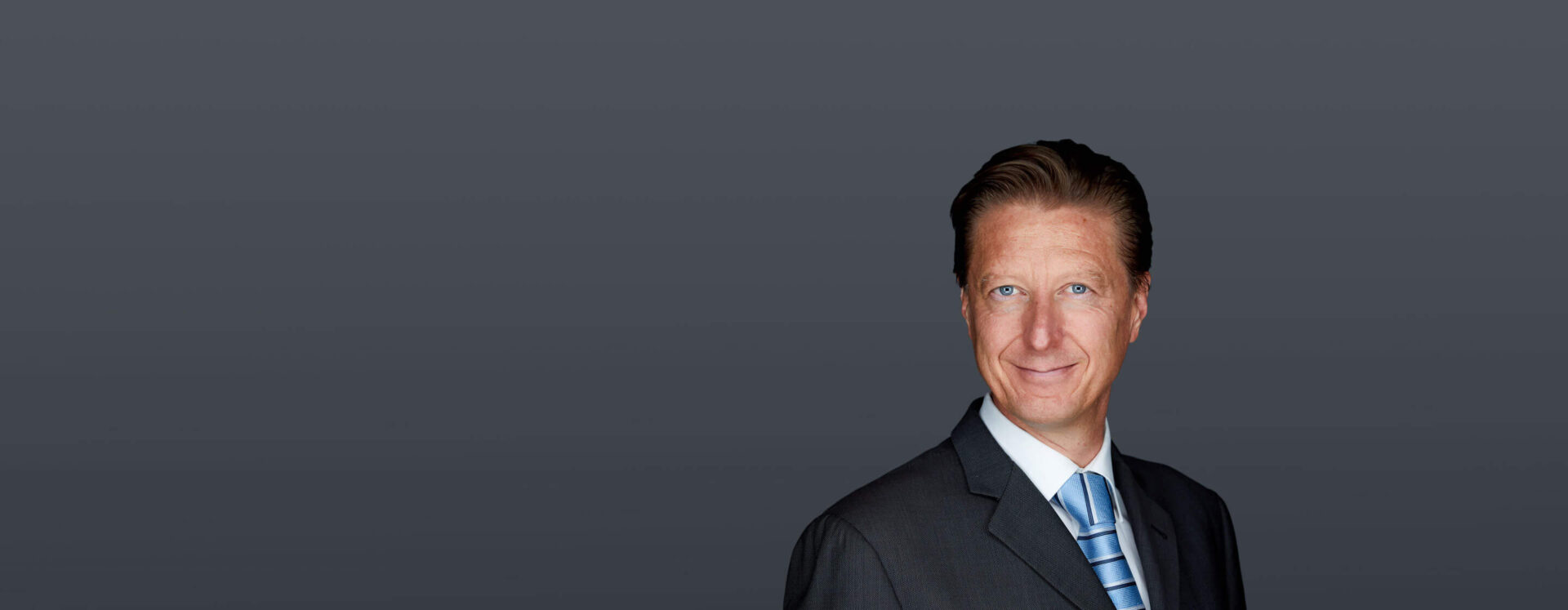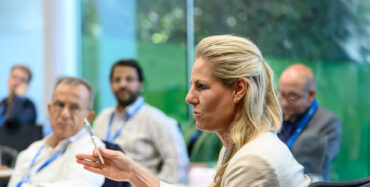
1. What are you working on at the moment?
Governance has become so central these days that I am exploring its many dimensions with my wonderful team. We are intrigued by how governance relates to performance: better governed companies have clearly outperformed during the crisis – but how will they perform during the post-COVID rebound? We are perfecting our measures around stewardship applied to large data sets in order to advance academic research on dimensions such as CSR, short termism, compensation, corporate choices on investments and integrity or lack thereof. A current research project links wrongdoing in family businesses with socio-emotional wealth.
Finally, in terms of revenue generation, we are closing the governance review of one of largest Pan-African companies and we are extending our offering of open programs for board members. Both hybrid and digital programs will include topics like stakeholders, geopolitics and digital ethics. We are also looking into transforming our flagship program, High Performance Boards, toward post-COVID governance.
2. What quality do you admire most in a leader?
I admire leaders who are of service and show humanity and compassion and the intelligence to drive long-term effectiveness. Pope Francis is an interesting example of how navigating complex organizational politics, difficult situations and the world’s transformation, from an influential position can make an impact. He is very complementary to the more conservative Pope Benedict, who remains influential: this may show that the best leaders need strong counterweights via an effective governance. Not many spiritual or religious leaders have true influence today, but the Catholic Church has remained a prominent voice thanks to its leader and its multimillennial governance. Governance may trump leadership here.
3. If you had the power to make one decision to change the world what would it be?
I’d improve multilateral governance. Our biggest risk these days is not market crashes or social upheaval, but war. It is becoming too appealing to too many actors, and good multilateral governance will be necessary to navigate the future of the world. Ideally, this would be combined with subsidiarity so there is a natural legitimacy with a local focus. I am thinking of international organizations, humanitarian organizations, social impact and sports organizations. We have small but powerful actors near us that are decently governed, but the overall constellation is not well-governed. This is the same for economics, where we need a new Bretton Woods.
4. What triggered your interest in your specialization?
I started in risk and then soon realized that rather than external risks such as economic crises or social tensions, the biggest risk of them all is our capacity to make the right decisions. Hence I started working on governance, the art of decision making at the very top of organizations. This has become crucial for the future of our world and for what our children will inherit. It is not clear yet how proud my generation will be of our legacy, and there is still time to move the needle forward.
5. What do you consider your greatest professional achievement?
I hope that the best is still to come and, if not, I am happy with what the IMD Global Board Center achieves – impacting many organizations for the better through relevant research and a strong understanding of the issues. We have been privileged to play an important role with key actors such as the International Olympic Committee and the Red Cross, large cap companies, sovereign wealth funds, and leading humanitarian and environmental organizations. With each project we have learned a great deal and have helped them change significantly for the better. So probably our greatest achievement is that the more you learn, the greater impact you can make.
Discover more about corporate governance with Professor Cossin’s High Performace Boards Conversation Series videos here.


